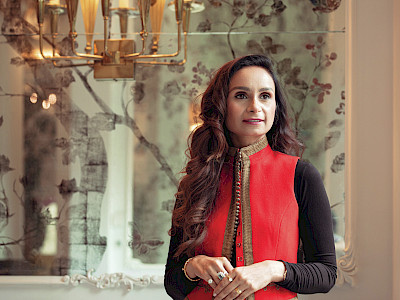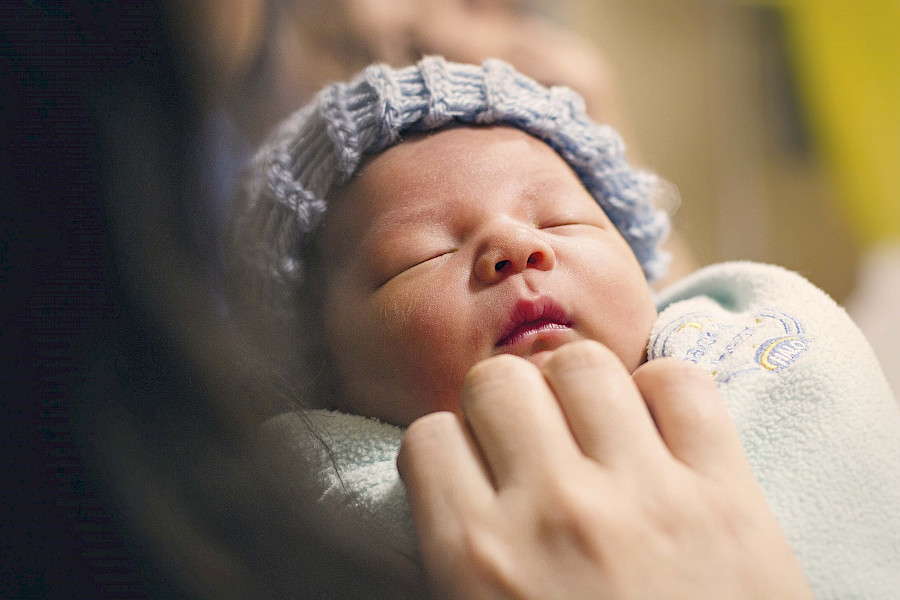
вҖңA ship under sail and aВ big-bellied woman are theВ handsomest two things thatВ can be seen common.вҖқВ
Benjamin Franklin
В 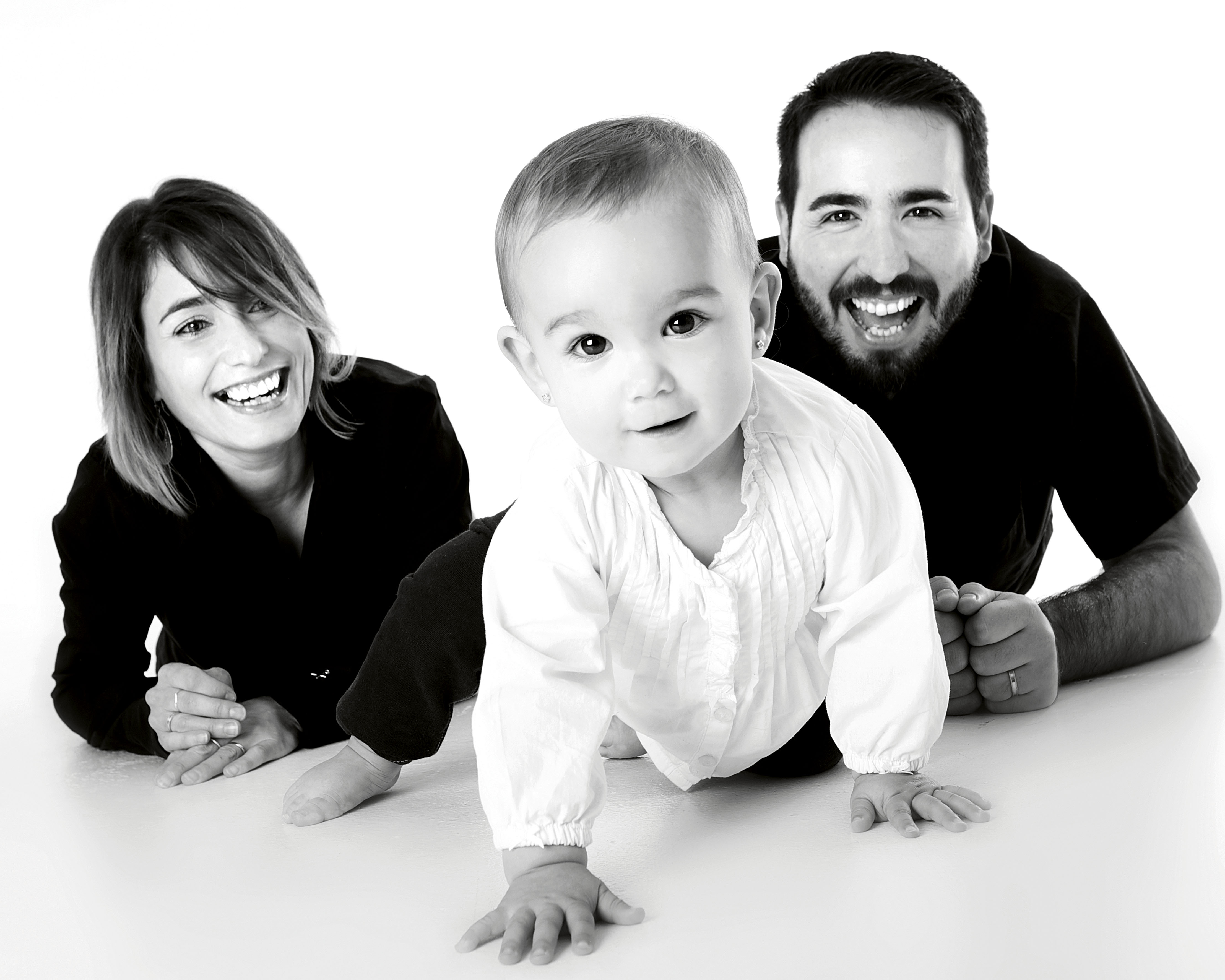
Today, with many myths aroundВ pregnancy, it is challenging forВ young couples to decide to becomeВ parents. Some of them choose to adoptВ a dog or a cat to try the role of a parentВ and understand the capabilities of carryingВ responsibility for another living creature.В For instance, Instagram accounts for petsВ have come second after accounts of food at present.В
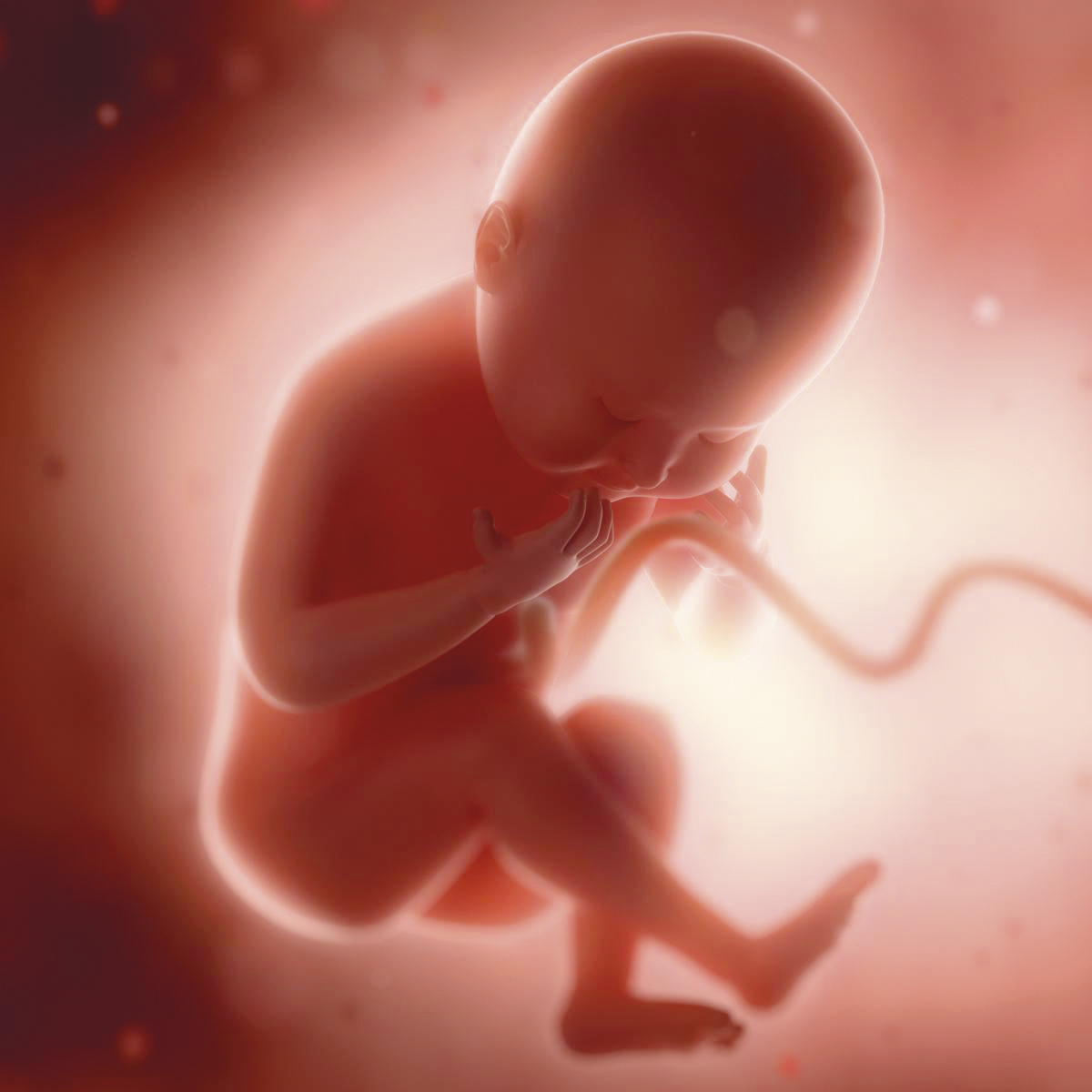
DEMENTIA FIGHTER
Witnessing the economicВ crisis, being aware ofВ climate change andВ analyzing the global politicalВ situation, the youngsters shift theirВ decision towards raising a furВ baby or even a plant rather thanВ having a human baby. They do notВ focus on the fact that the averageВ lifespan of the pets is 8 to 18 years.В In Azerbaijan, one of the mainВ reasons on parenting broughtВ by the elder generation is theВ saying that вҖңat least someoneВ will bring me a glass of waterВ when I am old.вҖқ At first sight, thisВ banal phrase has a meaningВ from an emotional-psychologicalВ point. The rates of dementiaВ and Alzheimer diseases inВ Azerbaijan are significantly low inВ comparison to western countries.В In the West, some of the oldВ people are isolated from theirВ families and sent to nursingВ homes. The psychological impactВ of dementia and Alzheimer'sВ disease mean the loss of soil underВ your feet, a sense of belonging.В Once strong people are nowВ unable to look after themselves,В turn into weak creatures that feelВ worthless and fear the future. Thus,В their brain starts to deteriorateВ and leads to consenescence.В In countries with strong family tiesВ between children and parents,В these diseases have low ratesВ of probability to be widelyВ spread. ItвҖҷs too early to makeВ any conclusions on youngstersВ who favor pet parenting overВ human offspring, but diseasesВ like dementia become a choiceВ depending on the lifestyle.
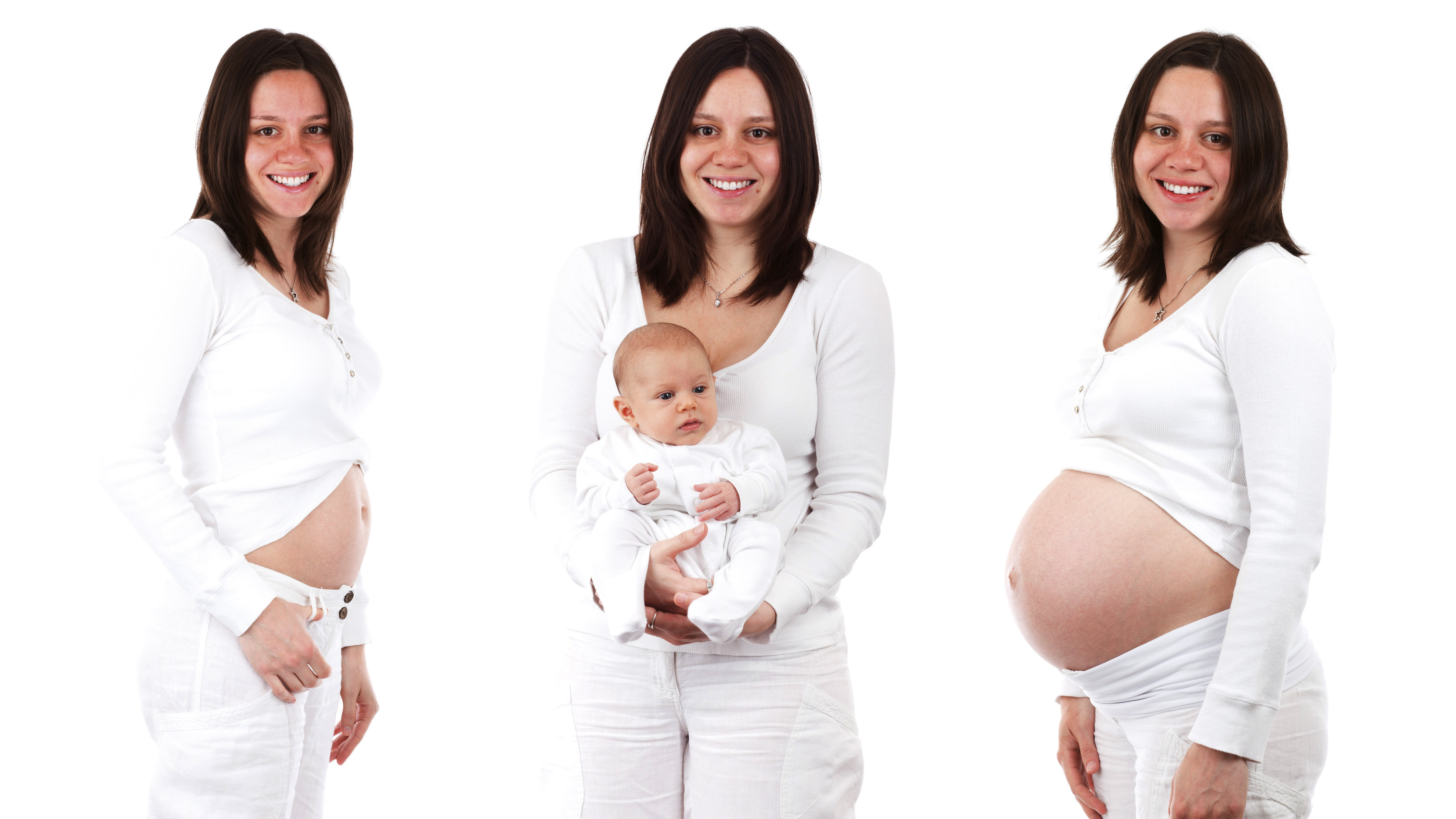
EMBRYO PHILOSOPHER
The question of life andВ death becomes acuteВ the very moment whenВ the sperm meets the egg.В The fertilized egg starts itsВ journey and travels downВ the fallopian tube to findВ its nine-month home insideВ of the uterus, where theВ embryo and placenta areВ formed. For the embryo,В the space within uterusВ becomes the only universe.В What if two embryosВ developing in one uterusВ have a conversation aboutВ life after delivery? One ofВ them assumes that there mightВ be another life when they canВ walk with their legs and eatВ with their mouths, the placeВ with a lot of light. The ideaВ that they might walk andВ eat without umbilical cordВ sounds absurd for the otherВ one. Still, the first embryoВ believes that there is aВ different life outside, evenВ though the second oneВ continues questioning andВ states that after deliveryВ there is nothing but darknessВ and oblivion. This imaginaryВ conversation of the twins inВ the womb might illustrateВ the conception of death.
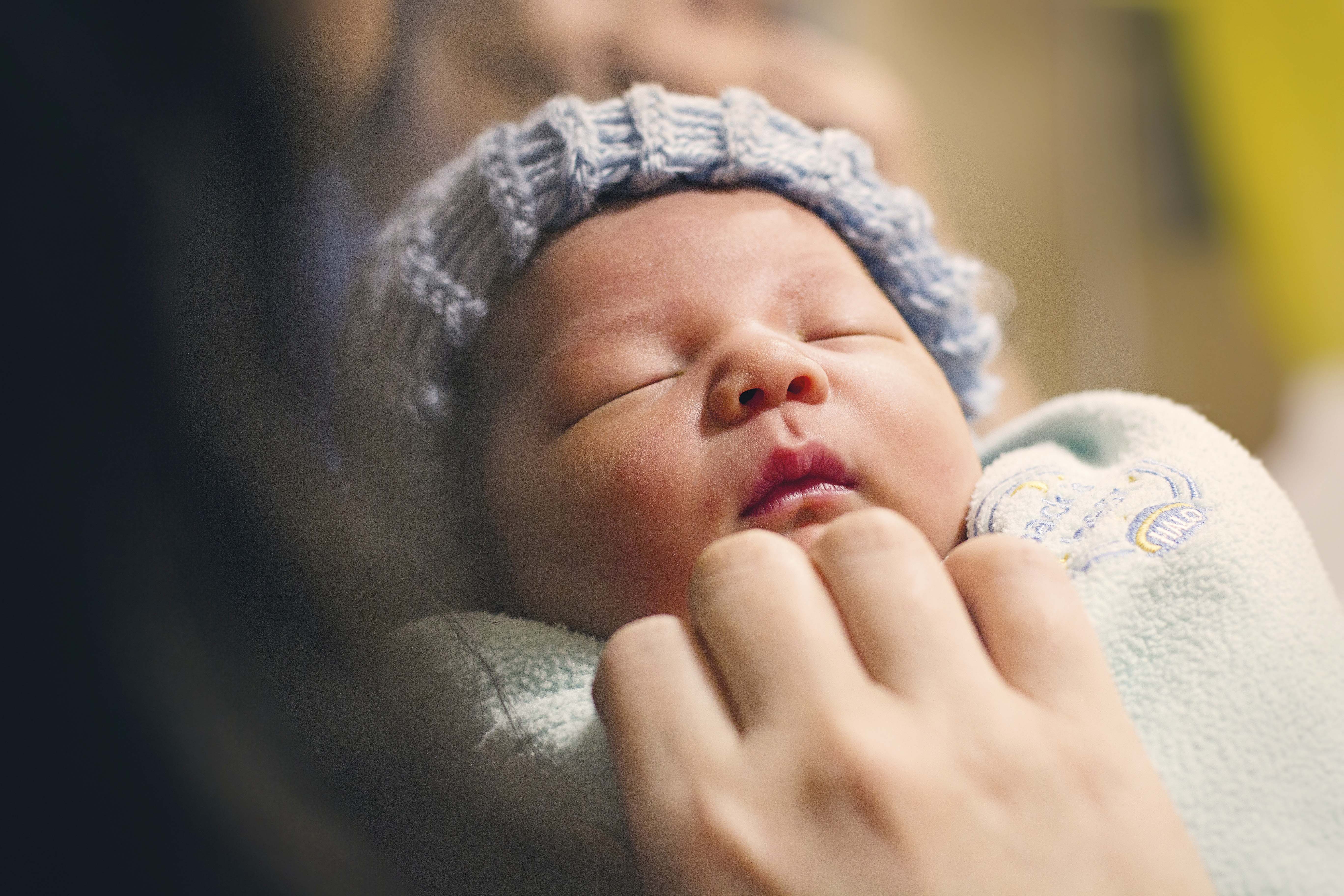
STRIKETHROUGH MYTHS
Almost every pregnant woman receivesВ more pregnancy advice from theirВ female friends and experienced momsВ than from medical personnel. MostВ of these tips do not have the scientificВ backup, they are spurious or superstitionВ and thus treated as old wivesвҖҷ tales.В The scientists attempted to debunk one
of the famous myths that if the pregnantВ woman suffers from heartburn, it is likelyВ that her baby will be born with a fullВ head of hair. However, the researchersВ at John Hopkins Hospital in BaltimoreВ registered that 82 percent of the timeВ when pregnant women reportedВ heartburn, they had hairy newborns. AtВ the same time, the majority of heartburnfreeВ women delivered bald babies.В The researchers at the Fetal AssessmentВ Center of the hospital assume that higherВ levels of estrogen and progesteroneВ stimulate fetal hair growth and relax theВ esophageal sphincter, which allowsВ stomach acid to back up into theВ esophagus and cause gastric reflux,В known as heartburn.В Another belief which sprouted evenВ among doctors says that if a womanВ had a C-section, it is risky for her to haveВ a vaginal delivery. The main concernВ is related to the high probability ofВ uterine rupture because of the incisionВ scar. In 2010, the National Institutes ofВ Health has studied more than 20,000В women and issued a state-of-thescienceВ report with the consensus thatВ the risk of uterine rupture during a вҖңtrialВ of labor after CesareanвҖқ is betweenВ 0.5 percent and 0.9 percent which isВ considered as very low. Subsequently,В the American College of ObstetriciansВ and Gynecologists revised its guidelinesВ on VBAC resolving that it is safe andВ acceptable option for most women.
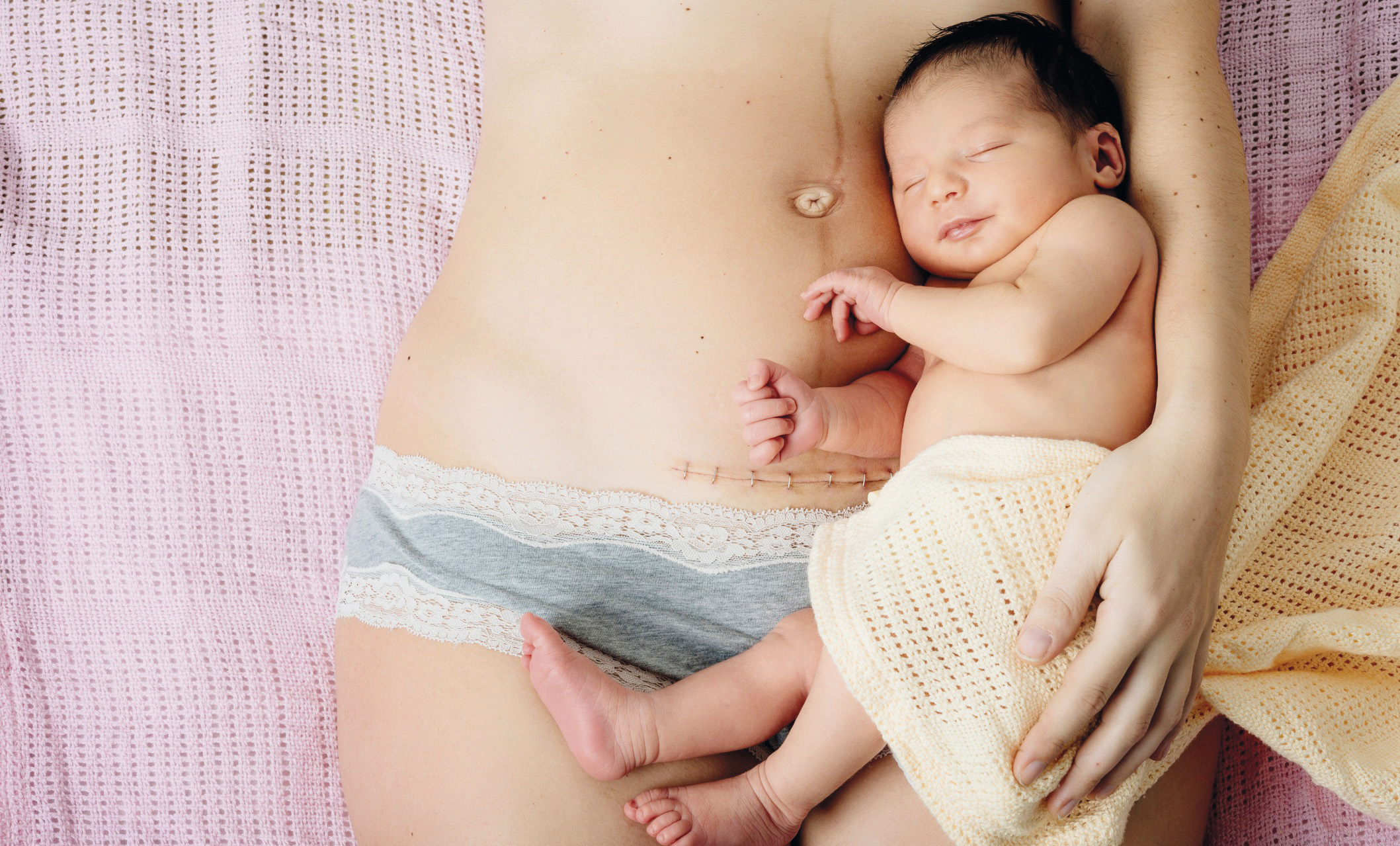
LITTLE WONDER
Pregnancy is a unique experience for eachВ woman that allows her to feel as thoughВ she is the universe herself embracing theВ planet Earth floating freely in her womb.В The fetus that she carries serves as gravityВ because it gives weight to her body. InВ biology, consonant to gravity the termВ gravidity indicates the number of times aВ woman has been pregnant, regardless ofВ the pregnancy outcome.В The average length of pregnancy is from 37В to 42 weeks. Each week is a tremendousВ leap in the formation of the embryo. TheВ first organ to develop in an embryo is theВ heart that starts to pump the new life. OnВ the 15th week, when the embryo is the sizeВ of an apple, the gender can be identified.В On 26th week, the baby makes the firstВ breath, trains the lungs, preparing them forВ a lifelong non-stop work.В From the size of a sesame seed to a wholeВ person, each baby goes through manyВ steps to fight for its right to be liberatedВ and lead a new life outside of the womb.В Pregnancy is a period of great anticipationВ for both parents and baby. The babyВ prepares to the first meeting with theВ parents. They both wonder how they lookВ like; this naughty kicker and the familiarВ voices.В
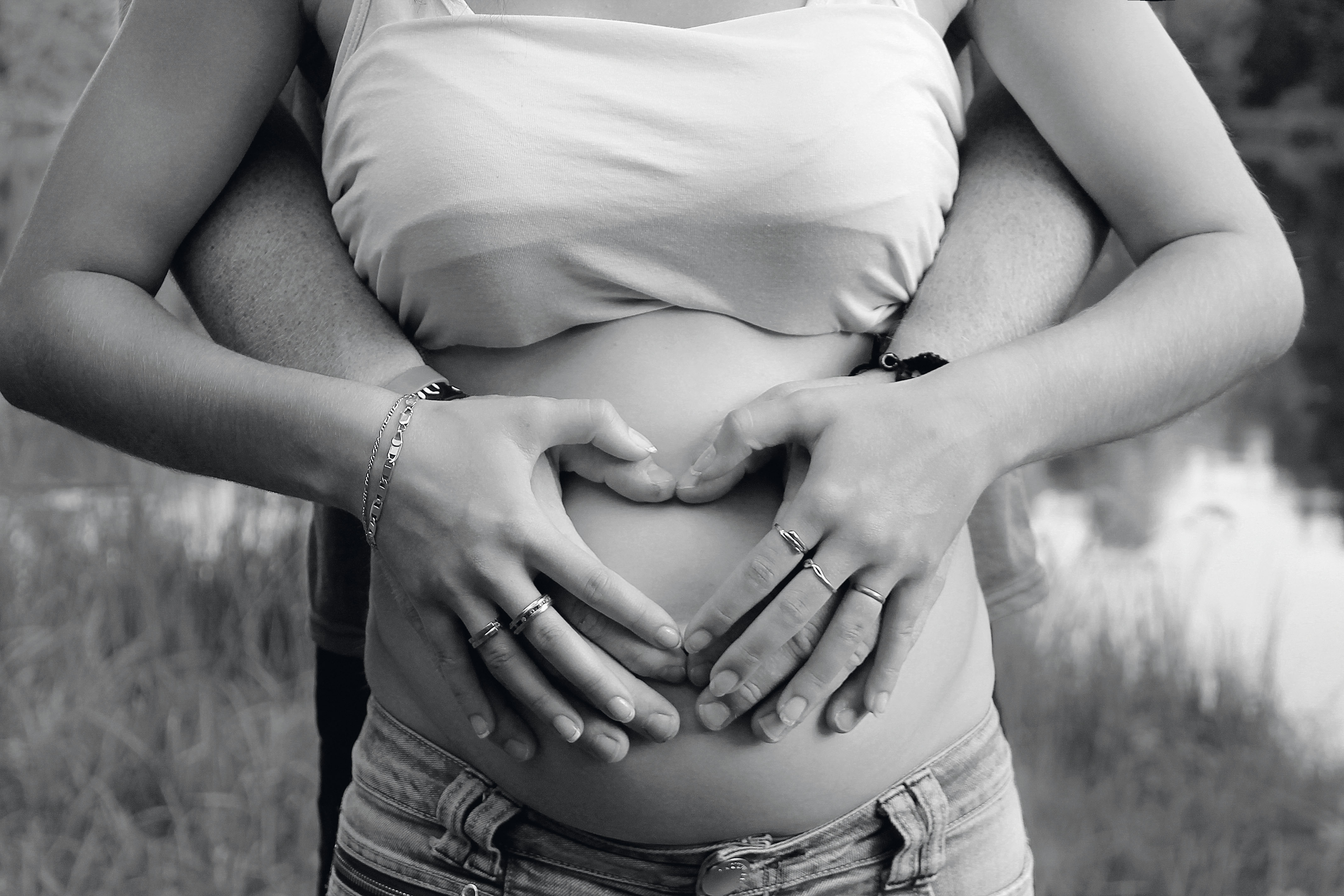
The phrase вҖңwe are expectingвҖқ utteredВ by a couple does not need any furtherВ explanation. Everyone understands thatВ they are expecting a completely new lifeВ full of bright colors that follow the birthВ of their little wonder that teaches whatВ unconditional love is. No matter howВ sweet, affectionate and loyal pets are,В may they replace the feeling when the littleВ ball of your genes smiles at you and saysВ вҖңMommyвҖқ or вҖңDaddyвҖқ?

Text by Leyli Salayeva
Photo: Press-materials


